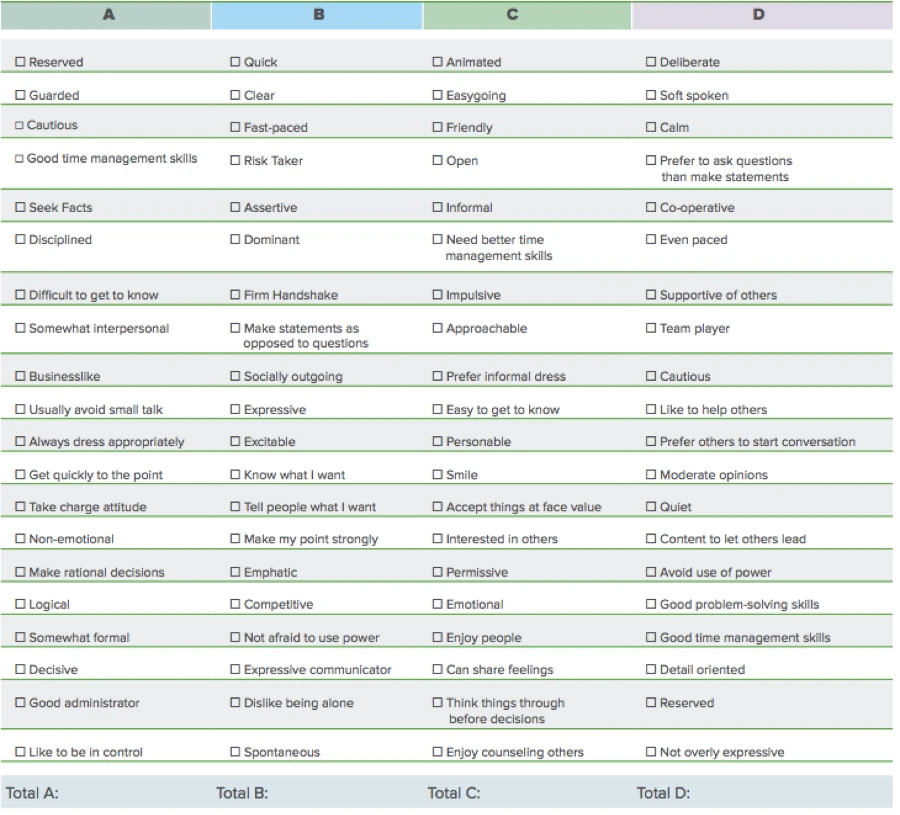What kind of salesperson are you? – StartupSmart

 The ability to sell can make or break a start-up. If a business in its early years can’t sell its products or services, it hasn’t got much chance of success.
The ability to sell can make or break a start-up. If a business in its early years can’t sell its products or services, it hasn’t got much chance of success.
So what’s the most effective way of selling when you’re growing a business? Here are some of the common approaches to selling and their pros and cons.
1. The hard seller
David Cunningham is the founder of an online start-up community called ipitch.com.au.
He says under no circumstances should a start-up use the old school, hard sell approach.
“This simply does not work in the 21st century,” he says. “No one wants to be sold to.”
Cunningham is also not convinced other popular sales approaches – the salesperson that will act like your best friend to win the sale and the charismatic charmer – work for early stage ventures.
“On the plus side, these are two ways you can build up trust, but some people will spot the lack of authenticity so the sale will not happen,” he says.
He says the understated approach is possibly a better option for a start-up.
“When you’re a start-up getting sales is about educating the market about what you’re doing. The idea is to become the thought leader in your field and the sales will come.”
“But the drawback of this approach is that it requires patience and cash to survive as closing a deal can be a slow process.”
2. The problem solver
Simon Harris, managing director of The Business Coaching Centre, has identified four types of salespeople – but only one is suitable to use in a start-up.
His salespeople profiles include the product pusher, the order taker who waits for an order to come through, the over-seller who promises the world but rarely delivers and the problem solver.
He says people are much more inclined to buy from problem solvers.
“If you are a product pusher, an order taker or an over-seller you will die – but if you are a problem solver you will survive,” says Harris.
He uses someone starting up a personal training business as an example.
The business owner could try to sell his or her products and services based on their own level of fitness, or based on the industry awards they have achieved, or even by bullying people into working with a personal trainer.
But a more effective approach will be to interview people about why they want to use a personal trainer – perhaps to lose weight, or reduce the risk of diabetes, or to increase their confidence – and sell the business based on providing a solution to meet those needs.
“The trainer can then set out a training and eating plan and set weight goals to solve the problem,” says Harris.
3. The emotionally intelligent seller
Echoing this sentiment, sales expert Aaron Sansoni says it’s not so much about the personality type of the business owner or salesperson.
Rather, he explains successful selling in a start-up is much more about understanding your buyers’ personalities and motivations.
“You need to understand what your buyer responds to and change your approach accordingly,” he says.
“In our training we have identified a number of different buyer profiles, including assertive, analytical, negative, timid and ‘how much?’ buyers.”
“The idea is to understand the full profile of your buyer and match your selling approach to that.”
Sansoni uses someone searching for a cosmetic surgeon as an example. It would seem logical for a start-up cosmetic surgery clinic to hire people with a great deal of compassion so they can empathise with potential clients.
“But this approach won’t work if someone is a ‘how much?’ buyer and has contacted the clinic after first visiting a number of others and is really only interested in finding out the price of treatments,” says Sansoni.
“So if you’re running a start-up don’t focus so much on the type of salesperson you are trying to hire.”
“Although this can work if you operate in a very niche market, it’s better to hire people who have high emotional intelligence and the ability to identify and work with the buyer types.”

